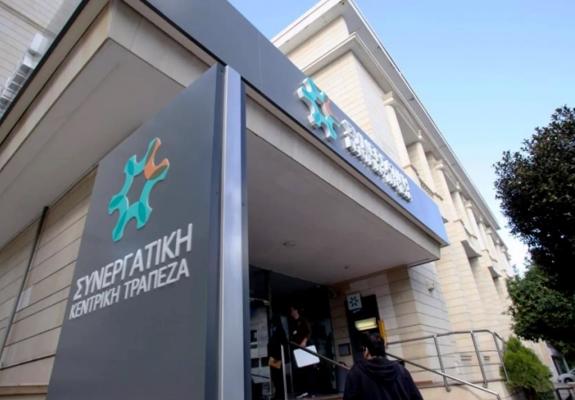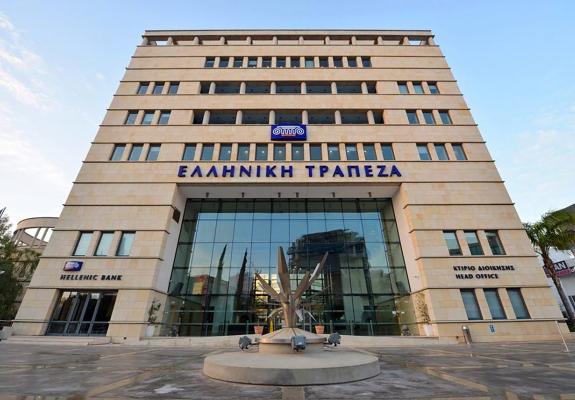No Agreement in Sight as Cyprus Banks and ETYK Clash Over Collective Agreement
Employers argue that ETYK's demands would inflate operational costs, while the union insists on preserving long-standing entitlements.
Banks and the Cyprus Bank Employees Union (ETYK) are engaged in a prolonged and unresolved dispute over the renewal of the collective agreement, which expired on December 31, 2022. Despite two years of direct negotiations and current mediation under the Ministry of Labour’s Department of Labour Relations, no resolution appears imminent.
As Brief reports, sources from both sides confirm the rift is wide, with no willingness to back down on the core issues. Employers argue that ETYK's demands would inflate operational costs, while the union insists on preserving long-standing entitlements.
The Employers’ Association of Banks and ETYK are both predicting that the Department of Labour Relations will eventually declare an impasse, given the opposing positions on the mediation table.
ETYK’s traditionally strong bargaining power, which has historically secured wage increases and benefits beyond productivity levels, may now face resistance for the first time. The banks have adopted a unified front and negotiation strategy through the Employers’ Association of Banks, reconstituted two years ago.
If a compromise is to be reached, the real decision-making will likely lie with three actors: Bank of Cyprus, Hellenic Bank, and ETYK. Smaller banks, with significantly lower labour costs, are no longer in a position to enter separate agreements that would bind the entire sector.
According to Brief, some sources suggest the delay in renewing the collective agreement suits both parties. ETYK continues to benefit from ongoing salary payments, annual increments, and the partial Cost-of-Living Allowance (ATA), currently set at 66.7%. For banks, however, this results in a recurring annual labour cost increase of about 6%.
This translates to approximately €12 million for Bank of Cyprus, €8–9 million for Hellenic Bank, and €1.5 million for AstroBank. Employees at Eurobank are not represented by ETYK.

ETYK has submitted demands worth around €30 million, leveraging the strong profits banks reported for 2023 and 2024. These include:
-
A four-day workweek
-
Restoration of salaries cut in 2013
-
General wage increases
-
Higher employer contributions to the provident fund
-
A 14th salary as an Easter bonus
-
Extended maternity and paternity leave
-
Bank-funded kindergartens.
While banks submitted their positions before the IMF’s latest review, they appear aligned with the Fund’s recommendations. Their demands include:
-
Reduction or abolition of ATA
-
Elimination of automatic annual increments
-
Abolition of the union’s health fund contribution
-
Removal of outdated benefits, such as the long-standing computer-use allowance and the “cashier allowance,” now considered obsolete as most transactions are done online
-
Ending temporary transfer bonuses within the same city
-
A more flexible hiring process, especially for specialised roles
In response to union claims of high profits, banks argue that earnings are reinvested—primarily in capital buffers like MREL—to address future systemic risks. They also cite external threats such as regional geopolitical instability, and today’s unpredictable "tariff wars."
Banks additionally point to growing pressure from fintech platforms offering competing transaction and remittance services.

In parallel, the Ministry of Labour is preparing for discussions on the future of the ATA system. Labour Minister Yiannis Panayiotou has scheduled a meeting on Friday, April 25—after the Easter holidays—with both employer and employee representatives.
>>Labour Ministry Initiates Dialogue on ATA After Months of Delay<<
The Ministry has already carried out preparatory work, and the goal is to develop a roadmap toward a mutually accepted solution. June 2025 has been set as the deadline for concluding the issue.
Unions seek full reinstatement of ATA to 100%, while employers argue for reform, calling the current calculation method outdated.






